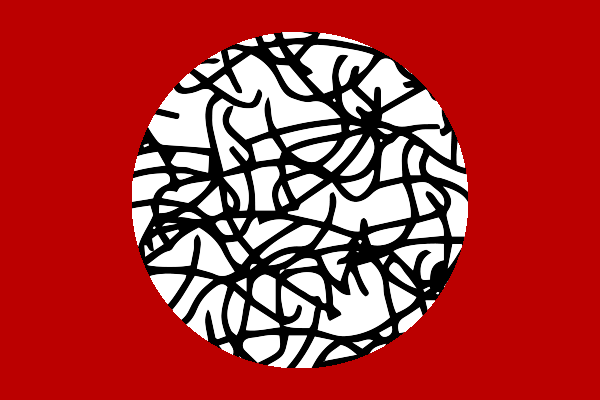Research Spotlight: John Jones

Each month, the Communications Team reaches out to members of the Department of English faculty and asks them to elaborate on a current research or creative project they are working on or have recently completed. For this month, we asked Associate Professor and Director of Digital Media Studies John Jones to discuss his research on how digital media impacts the ways in which we communicate and think.

In your own words, as the expert that you are, can you explain the overview of your research?
My research explores how the affordances of writing and other communication technologies impact our ability to create and share information. My background is in rhetoric and writing studies, so I primarily engage with the processes by which media is written, shared and responded to. I have studied the writing and revising practices of Wikipedia editors, how communities form on Twitter and in offline spaces like those used by the Occupy Wall Street protests, the ways in which networks influence the teaching of writing, how the design of wearable devices can change our understandings of our bodies, the rhetoric of computers and the impacts of digital platforms on democratic deliberation.
Now, could you shorten this description into one sentence that uses accessible language?
I study the ways in which technology affects how we think.
In what ways is your research significant?
In all the ways! With the proliferation of digital technologies, we are constantly engaged with new ways to create—writing texts, shooting photos or videos, recording audio. Not only does the ready access to this media expand the possibilities for creativity, the steady pace of technological change means we are constantly learning how to engage with and deploy new technologies for communication. In this environment, we need to not only understand how people are using new technologies to create, but also how those creations gain their power through shifting technological structures like networks.
Are you working with any colleagues or collaborators?
I have worked with Dr. Catherine Gouge (West Virginia University) on a number of projects related to the rhetorics of wearable devices; Dr. Lavinia Hirsu (University of Glasgow) on a book examining the interconnections between rhetoric and computation; and Dr. Michael Trice (MIT) on a forthcoming book examining the potential for digital deliberation in the wake of global misinformation campaigns.
Is your research being funded or supported by any individuals or organizations that you would like us to acknowledge?
I am currently working on a database of research in the field of computers and writing, which we are calling the Computers and Writing Research Database (CWRD). This project is supported by a grant from Ohio State Energy Partners.
Where do you see this project going in the future?
I’m increasingly interested in the history of my field—computers and writing studies—and how the introduction of the commercial Internet in the mid-1990s impacted the teaching of writing. I hope to use the CWRD to examine research trends in the field and how they evolved over this time.
